The full spectrum
Scientists have debated the relationship between autism and schizophrenia for decades. A review published last month suggests they are two sides of the same neurobiological coin.

Scientists have debated the relationship between autism and schizophrenia for decades. A review published last month suggests they are two sides of the same neurobiological coin.
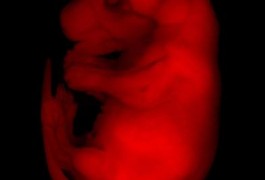
Two independent groups have created mice that have deletions or duplications in a large section of chromosome 16. Each team has produced an animal with a different set of features, some of which — such as large head size and repetitive behaviors — are reminiscent of people with autism.
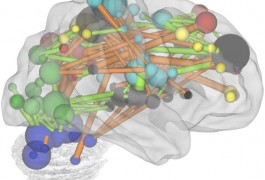
Areas of the brain that are active when people are daydreaming or sleeping, and quiet when they are engaged in a task, are imperfectly synchronized in people with autism and attention deficit hyperactivity disorder, researchers say.
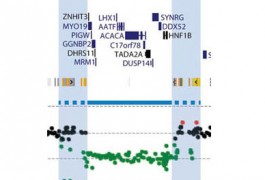
Deletion of the chromosomal region 17q12 dramatically increases the risk for autism and schizophrenia, according to a large study published last week in the American Journal of Human Genetics. Individuals missing this sizeable region are about 14 times more likely to develop one of those disorders, the study reports.
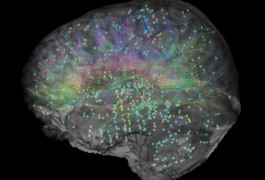
The Allen Institute for Brain Science has released whole-genome expression data from one-and-a-half adult human brains, and is gathering information from samples at different stages of development, from four weeks after conception to adulthood. The data were described at poster sessions Saturday and Tuesday at the Society for Neuroscience annual meeting in San Diego.
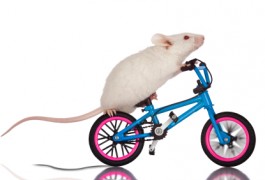
Infection early in pregnancy is more harmful to the fetus than at later stages, triggering brain and behavioral changes in the offspring similar to those seen in people with schizophrenia, according to two mouse studies published in October. A third study suggests that exercise can mitigate some of these effects.

Drug companies have been curiously reluctant to dive into research on therapies for autism. The chief of Pfizer’s new autism research unit explains why.
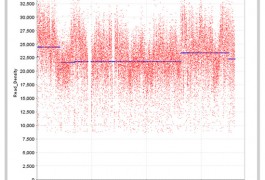
The National Institutes of Health on 30 September launched a public database to catalog a particularly important type of genomic data: so-called ‘structural variations’ — large deletions, duplications and rearrangements of DNA.

Researchers have mapped unique identifiers in the regions around human genes that are at risk for duplication or deletion, allowing precise sequencing of nearly 1,000 genes for the first time, according to a paper published today in Science.
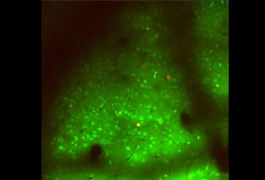
Most inhibitory neurons respond in the same way to a range of visual stimulation, but a subset of them may be tuned in to specific signals, suggest two reports published in September in Neuron.